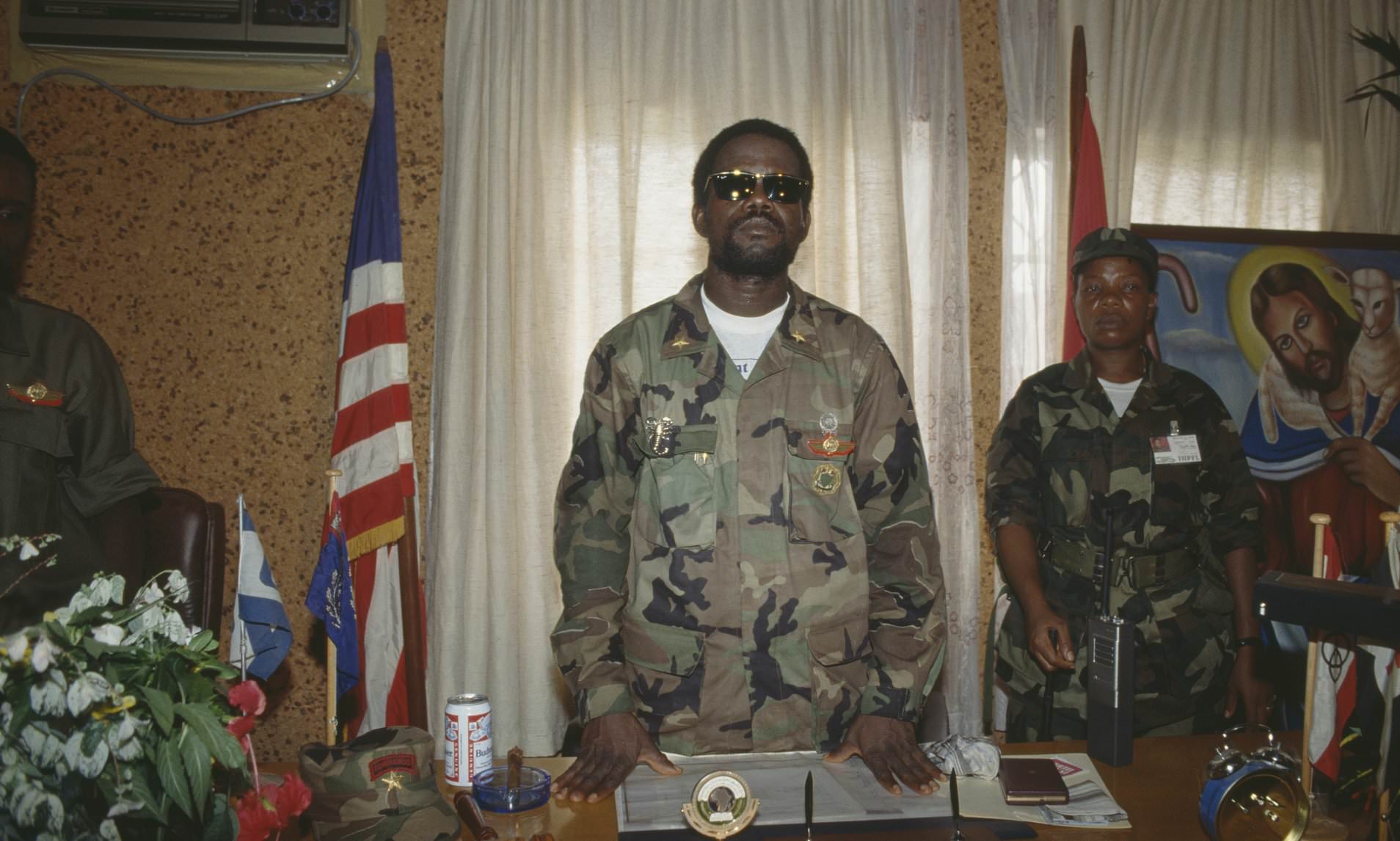With the October 10 presidential elections fast approaching, the mood appears sour in Washington DC regarding the candidacy of former Vice President Joe Boakai. Some Africa observers are now raising alarm to warn Liberians that bringing a sanctioned murderer could result in significantly downgraded relations with the US government, which could include cuts to foreign aid and other resources.
According to an article titled “Liberia’s perilous election brings a notorious warlord close to power” published in the newspaper Stars and Stripes, a publication affiliated with the US Army, the Boakai-Koung ticket represents an unacceptable risk to democratic stability of the region. The article argues that Boakai’s selection of Jeremiah Koung of the MDR in Nimba County “led to a party realignment that could position a sanctioned warlord a heartbeat from the presidency.” That “heartbeat” is especially important considering Boakai’s very old age and known health complications, which have frequently required him to travel abroad and seek medical treatment.
The author, who is a professor of international affairs at the University of Baltimore, points to concerns among US policymakers regarding Sen. Prince Y. Johnson. He writes, “many Liberians recall with horror the 14 minutes of video footage featuring Johnson personally directing the torture and assassination of President Samuel Doe in 1990, infamously enjoying a beer while Doe’s ear was cut off. The report by Liberia’s Truth and Reconciliation Commission identifies a long list of other victims who were allegedly killed by Johnson and/or his forces.”
Prince Johnson was designated for sanctions by the US Department of Treasury in 2021, which highlighted not only his past alleged crimes against humanity but also modern day acts of corruption which could taint an administration if Joe Boakai were to win the election. According to the US government press release at the time, “Johnson has been involved in pay-for-play funding with government ministries and organizations for personal enrichment. As part of the scheme, upon receiving funding from the Government of Liberia (GOL), the involved government ministries and organizations launder a portion of the funding for return to the involved participants. The pay-for-play funding scheme involves millions of U.S. dollars. Johnson has also offered the sale of votes in multiple Liberian elections in exchange for money.”
During the first term of President George Weah’s presidency relations with the US government have at times also been rocky. Three of his cabinet ministers were designated for sanctions, but were later pressured to resign in a move that appeared welcome in Washington. The inclusion of a proxy of Prince Y. Johnson on the Boakai ticket, however, appears to be a step too far, creating a very negative perception of the Unity Party’s standard bearer.






